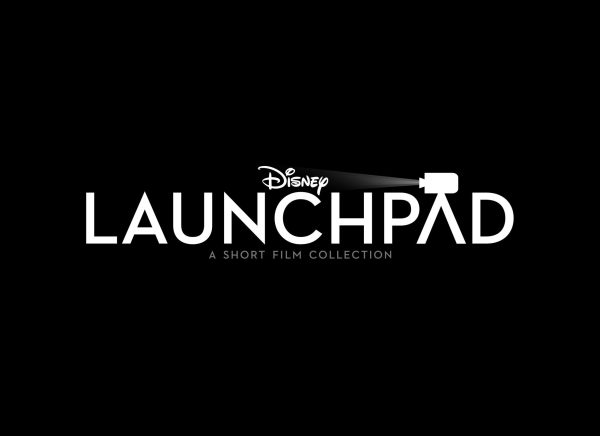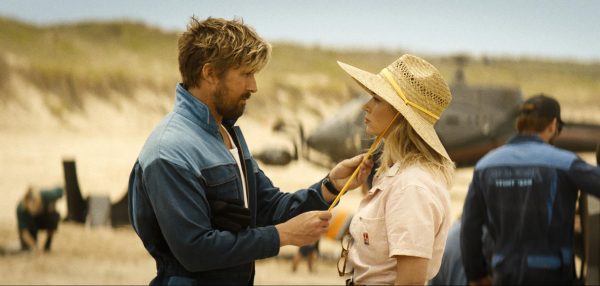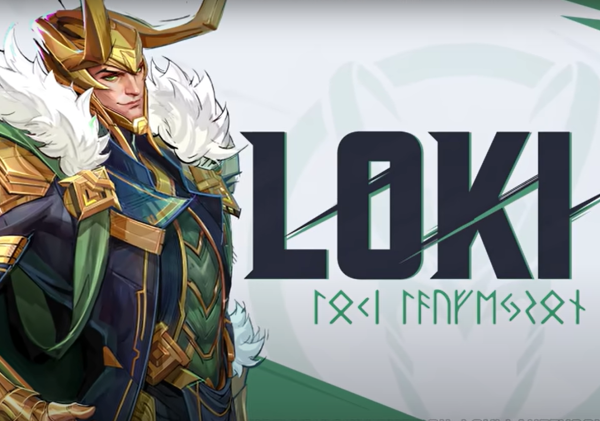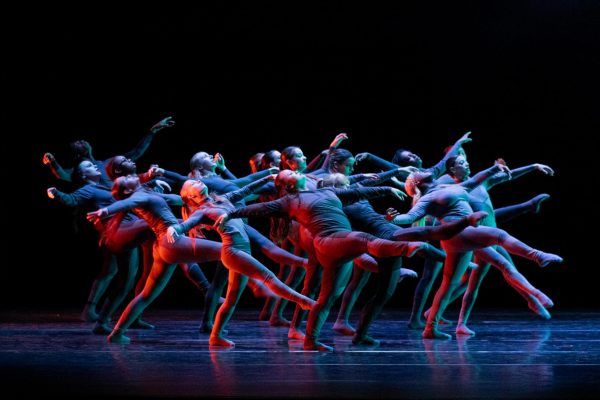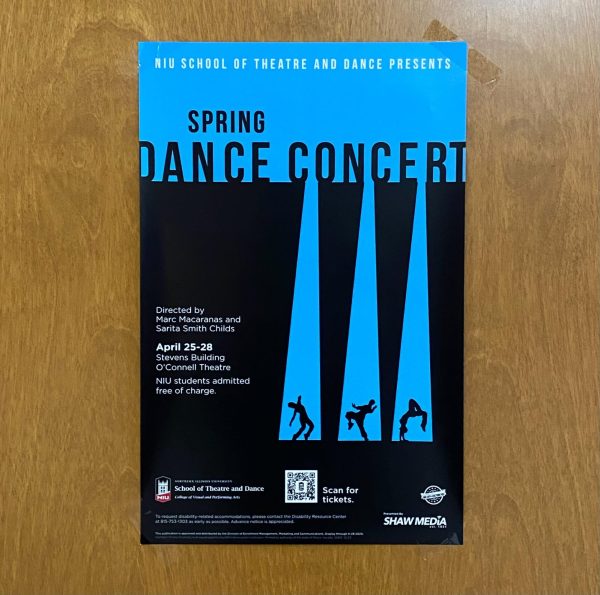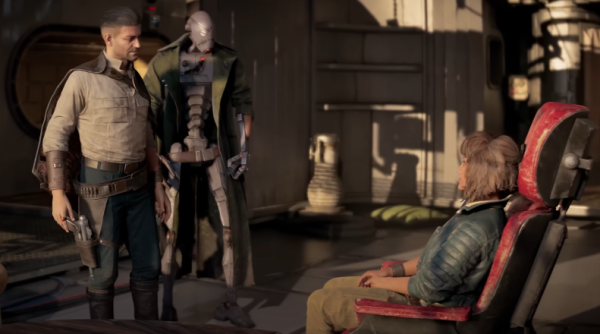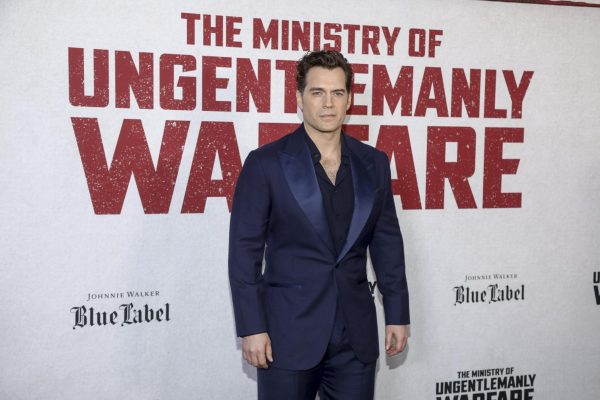Letterman tries new career tone
February 26, 2018
Though David Letterman retired from The Late Show in May of 2015, his new Netflix Series, “My Next Guest Needs No Introduction,” proves he’s not ready to fade from the cultural consciousness yet.
His new platform delivers not only his famous wit and sardonic sense of humor but a voice of reflection on topics like civil rights and the political representation of all people, as he interviews guests who truly need no introduction as a result of their presence.
From the first episode, it is apparent the tone of this more serious show is different from The Late Show. Without the aid of funny segments, props and a large desk, Letterman sits face to face with guests in two chairs center stage and no other set pieces.
The series premiered on Jan. 12 with an episode featuring former President Barack Obama. An episode with actor George Clooney followed on Feb. 9, and the third episode will hit Netflix in March, with activist Malala Yousafzai. Unlike other Netflix series, which are released a full season at a time, “My Next Guest” will continue throughout the year with episodes released on a monthly basis.
While Letterman’s natural comedic personality shines through, the focus of the first episode is placed on Obama’s career as a driving force behind the ideals which have guided America through its darkest times.
A centerpiece of the first episode is a conversation Letterman has with John Lewis, former Georgia governor and civil rights leader, who, in March 1966, made history by joining a pivotal march across the Edmund Pettus Bridge in Alabama. He was beaten by a state trooper and arrested but, in doing so, led the way for a generation of African Americans to enact change in a country they deeply believe is worth fighting for, though it may threaten the status quo.
Obama and Lewis express their immense admiration for each other. While Obama mentions how Lewis created a pathway for his influential political career, Lewis praises Obama as a figure who embodies the success of the civil rights movement and how the movement still continues to this day.
Largely, Letterman takes a backseat to Obama and Lewis, listening to their stories and inquiring about how their experiences have shaped both their lives and the nation as a whole. The respect and awe he has for these figures does the talking for him. Even being the cultural icon Letterman is, his show creates a platform for important figures to discuss crucial and personal topics in a way that’s direct and straight from the heart.
The second episode features Clooney, but Letterman’s questions focus largely on Clooney’s humanitarian and activist work. Letterman is shown visiting George Clooney’s father, Nick Clooney, who has taken in Iraqi refugee Hazim Avdal.
Above all, “My Next Guest Needs No Introduction” showcases Letterman’s reckoning with the current political and social climate of the United States and gives him an avenue to speak about them without the need to turn them into a comedic opening monologue. While Letterman’s image has been based on comedic takes on current events, his new persona is dedicated to shedding light on what our country has been, what it is now and what it can be.



